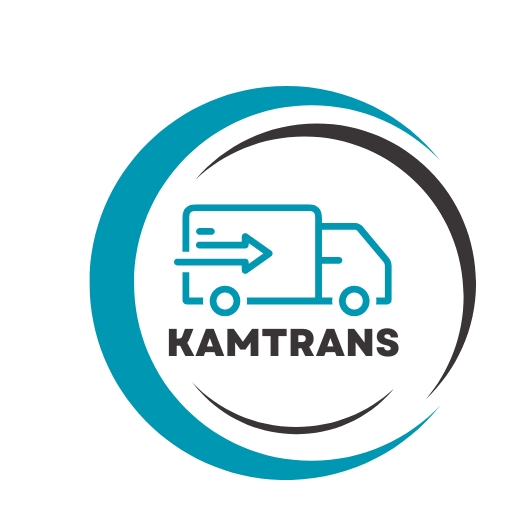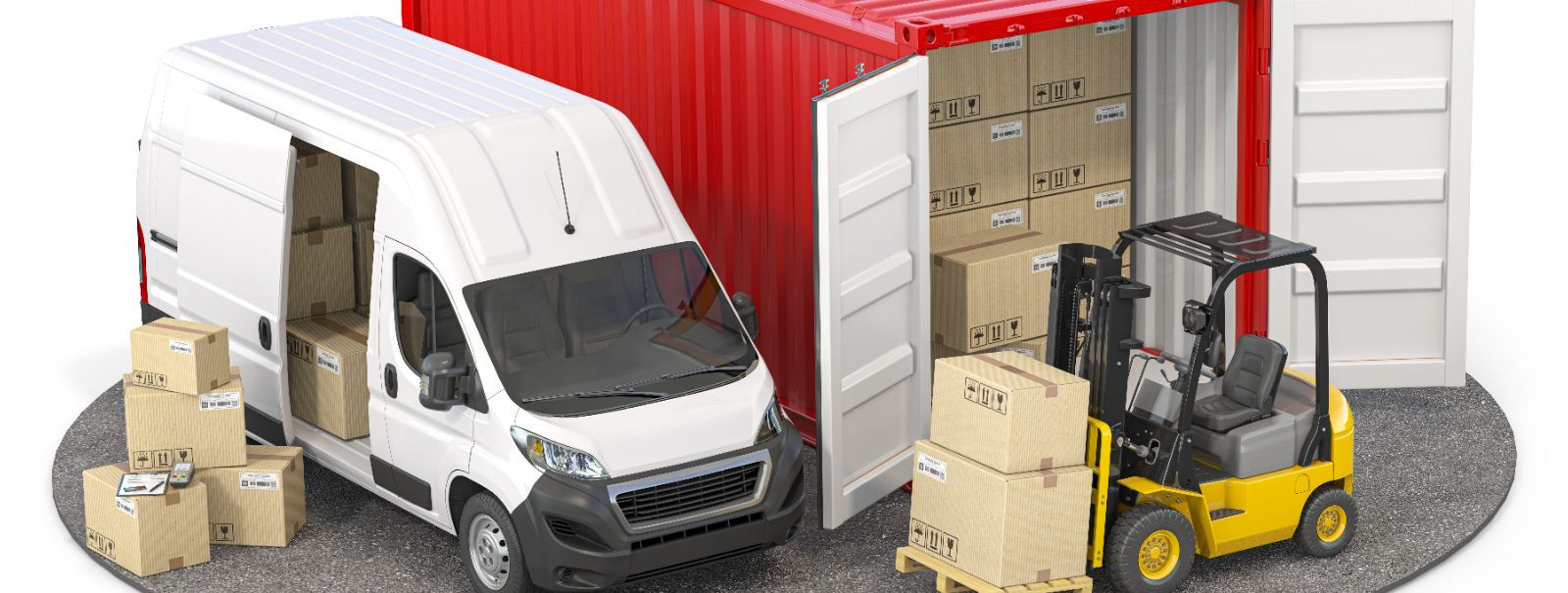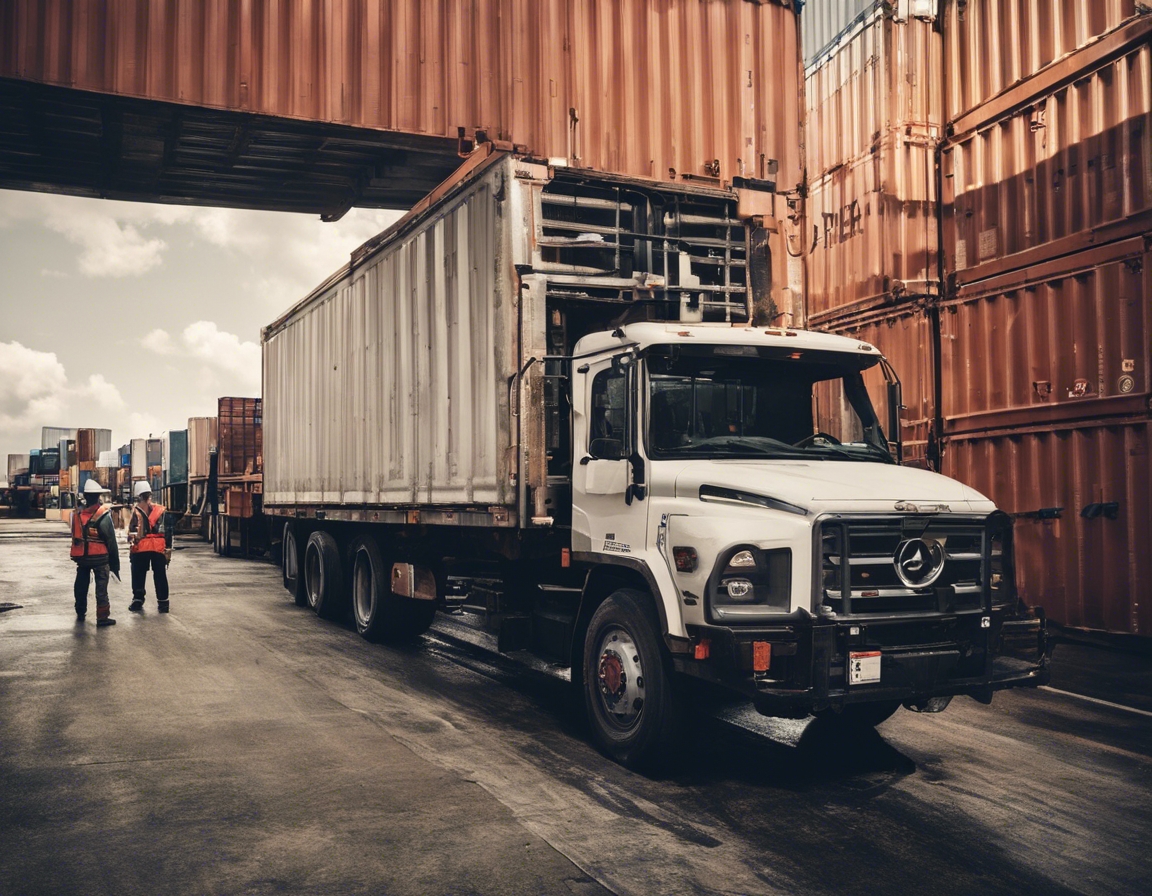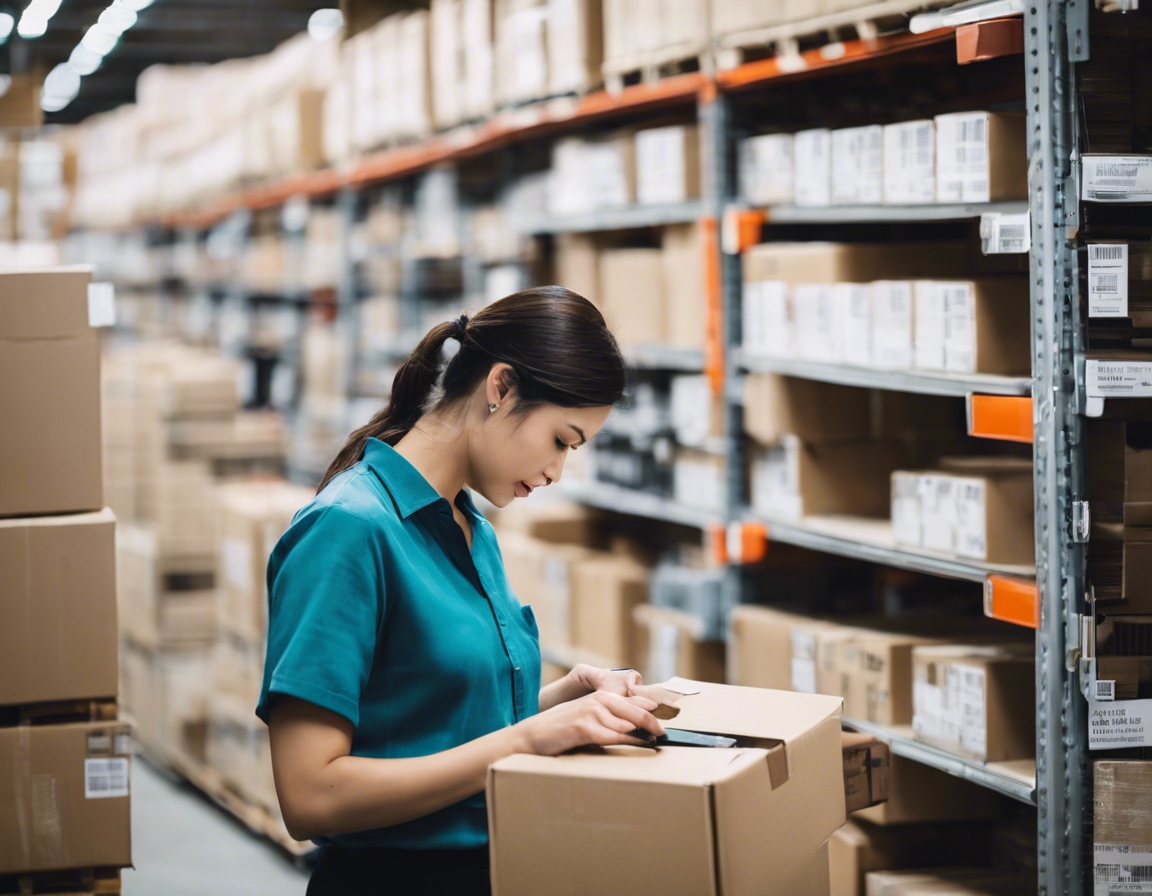The future of freight: how we're revolutionizing transport
The logistics industry stands on the brink of a revolution, with emerging technologies and innovative practices set to redefine the way we think about transport. The future of freight is not just about moving goods from point A to B; it's about doing so in the most efficient, sustainable, and secure manner possible.
Today's freight transport systems face a myriad of challenges, from congested roads and environmental concerns to the increasing need for transparency and faster delivery times. Companies are under constant pressure to optimize their supply chain and reduce costs while maintaining high standards of service.
As the global economy grows and evolves, so too does the demand for innovative logistics solutions. Businesses are seeking smarter, more adaptable freight services that can handle the complexities of modern trade.
Technological Advancements Shaping Freight Transport
The advent of autonomous vehicles and drones promises to transform the freight industry. These technologies offer the potential for 24/7 operations, reduced labor costs, and enhanced delivery capabilities, particularly in hard-to-reach areas.
As the world moves towards cleaner energy sources, the freight industry is keeping pace with the introduction of electric and hydrogen-powered trucks. These vehicles not only reduce emissions but also offer lower operating costs in the long run.
Blockchain technology is set to play a pivotal role in the future of freight by providing a secure and transparent ledger for transactions. This will greatly enhance trust between stakeholders and streamline operations.
Artificial intelligence and machine learning are being leveraged to predict demand, optimize routes, and manage inventory. These tools are crucial for increasing efficiency and reducing waste within the supply chain.
Environmental Sustainability in Freight
Reducing the carbon footprint of freight operations is a key goal for the industry. This involves not only adopting new technologies but also rethinking logistics strategies to minimize environmental impact.
Embracing the principles of green logistics and the circular economy, companies are finding ways to make freight transport more sustainable. This includes everything from using biodegradable packaging to optimizing load capacity.
Enhanced Safety and Security Measures
Advanced tracking systems are becoming standard in the freight industry, providing real-time data on the whereabouts and condition of goods. This not only improves security but also enhances customer satisfaction with more accurate delivery estimates.
With the help of technology, safety protocols in freight transport are becoming more robust. This includes the use of sensors and IoT devices to monitor vehicle health and prevent accidents.
Customized and Flexible Transport Solutions
KAMTRANS OÜ understands that each business has unique logistics needs. That's why we offer personalized services that are tailored to meet the specific requirements of our clients.
The ability to adapt to rapidly changing market demands is crucial for success in the freight industry. At KAMTRANS OÜ, we pride ourselves on our flexibility and responsiveness to our clients' evolving needs.






Comments (0)